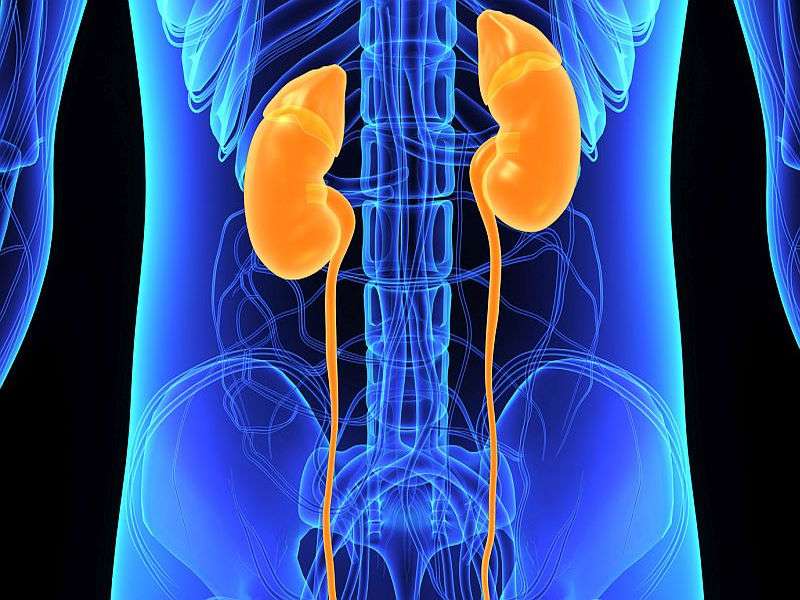(HealthDay)—For patients treated for T1a renal cell carcinoma, chest X-rays have low diagnostic yield for detecting pulmonary metastases, according to a study published in the August issue of The Journal of Urology.
Noah E. Canvasser, M.D., from the University of Texas Southwestern Medical Center in Dallas, and colleagues examined the usefulness of chest X-rays for T1a renal cell carcinoma surveillance. A total of 258 patients with T1a renal cell carcinoma were treated with partial nephrectomy, radical nephrectomy, or radio frequency ablation, with surveillance follow-up. Demographics, pathological findings, and surveillance records were identified during retrospective chart review. The incidence of asymptomatic pulmonary recurrences diagnosed by chest X-ray was the primary outcome.
The researchers found that three patients developed pulmonary metastases, but standard chest X-ray surveillance diagnosed only one case. Each patient completed a mean of 3.3 surveillance chest X-rays during a median follow-up of 36 months. There was no significant difference in the recurrence rate for partial nephrectomy, radical nephrectomy, or radio frequency ablation (zero, zero, and one cases, respectively; P = 0.09).
"Chest X-rays are a low yield diagnostic tool for detecting pulmonary metastasis in patients treated for T1a renal cell carcinoma," the authors write. "Treatment mode does not appear to influence the need for chest X-ray surveillance."
More information:
Abstract
Full Text (subscription or payment may be required)
Journal information: Journal of Urology
Copyright © 2016 HealthDay. All rights reserved.






















